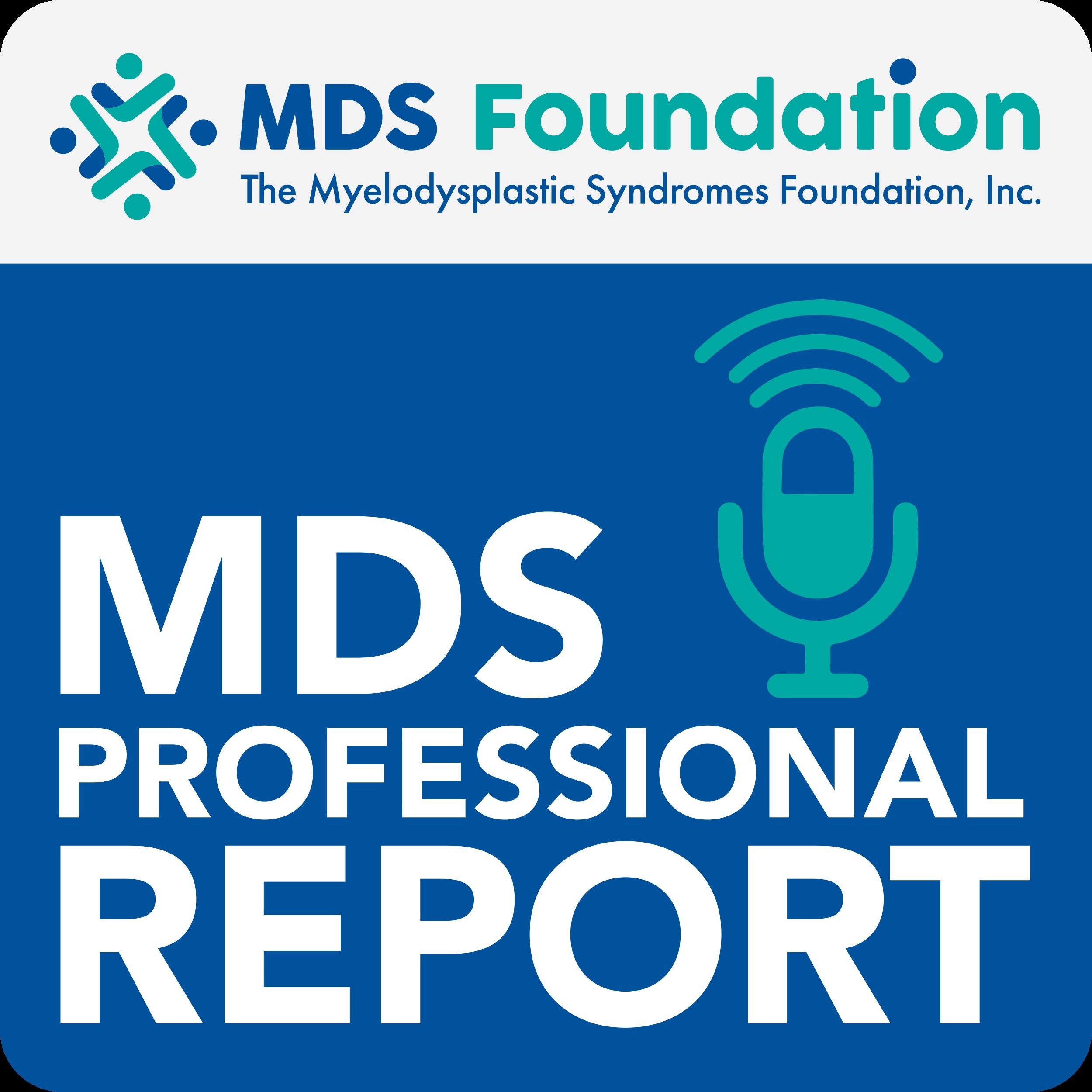Join the Fight Against MDS
Every gift helps patients, caregivers, and healthcare professionals access life-saving resources, support, and education. Together, we can make a difference. Even a small contribution can create a big impact. Thank you for your generosity.
Our Podcast
MDS Professional Report
This podcast series provides important up-to-the-minute information on MDS including diagnosis, treatment and clinical research. The explosion of information on MDS forces us to seek novel, alternative ways to distribute it. Podcasts gives us an easy and popular way to communicate this information in a short time.
![Treatment of lower-risk MDS [MDS Professional Report]](https://d3wo5wojvuv7l.cloudfront.net/t_square_limited_160/images.spreaker.com/original/59731ffad6896313dd70ce957e619b02.jpg)
December 15, 2024
4. Treatment of lower-risk MDS [MDS Professional Report]
![Treatment for Higher-risk MDS [MDS Professional Report]](https://d3wo5wojvuv7l.cloudfront.net/t_square_limited_160/images.spreaker.com/original/474af5f93a7c919181979937a2ea20a4.jpg)
December 1, 2024
3. Treatment for Higher-risk MDS [MDS Professional Report]
![Update on Higher-Risk MDS - Lessons from 2023 ASH [MDS Professional Report]](https://d3wo5wojvuv7l.cloudfront.net/t_square_limited_160/images.spreaker.com/original/6fb86eb9669a4d2de76fbe628d3c3231.jpg)
May 27, 2024
2. Update on Higher-Risk MDS - Lessons from 2023 ASH [MDS Professional Report]
![New trials to address the anemia of lower-risk MDS [MDS Professional Report]](https://d3wo5wojvuv7l.cloudfront.net/t_square_limited_160/images.spreaker.com/original/6fb86eb9669a4d2de76fbe628d3c3231.jpg)
March 27, 2024





